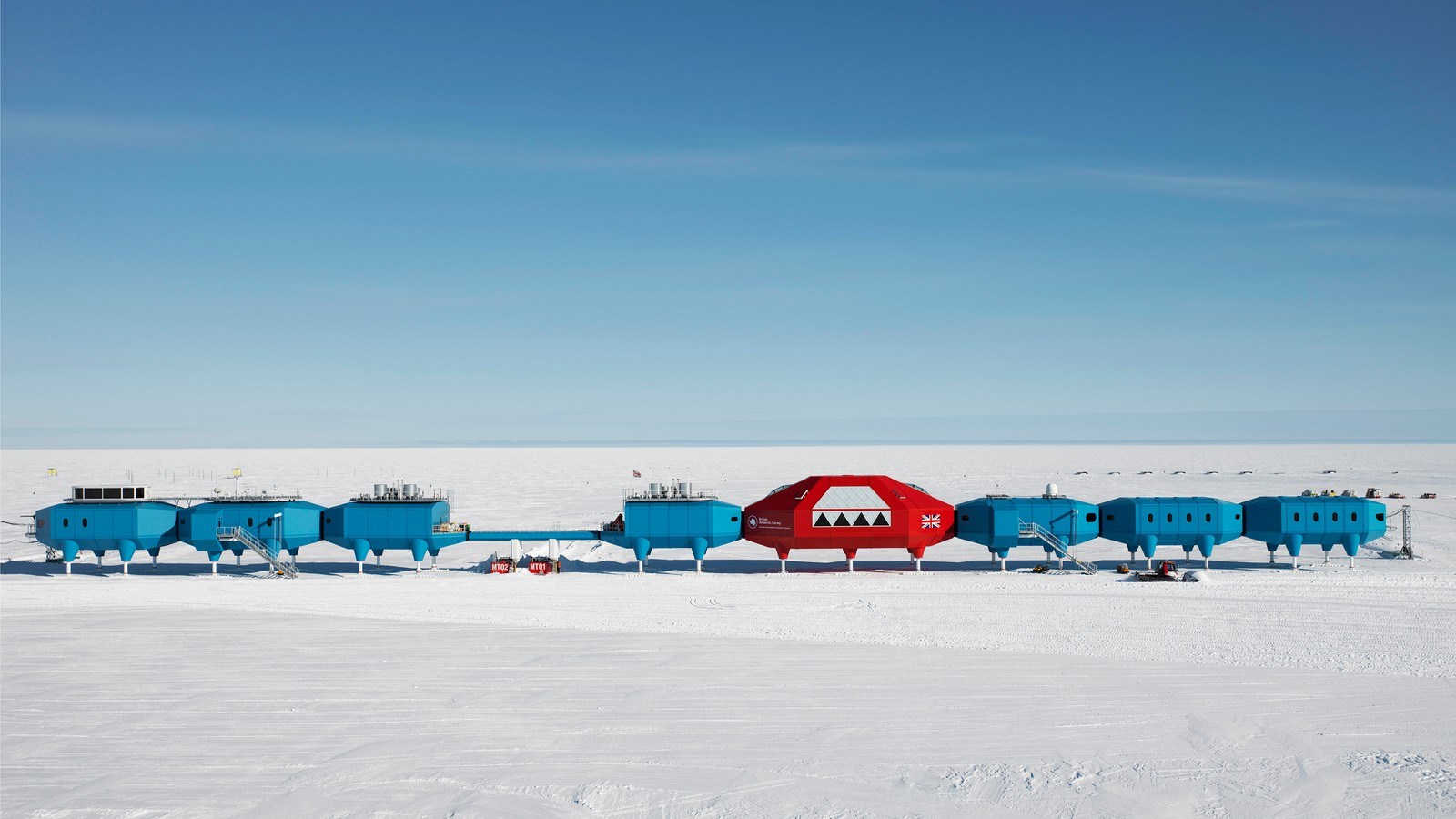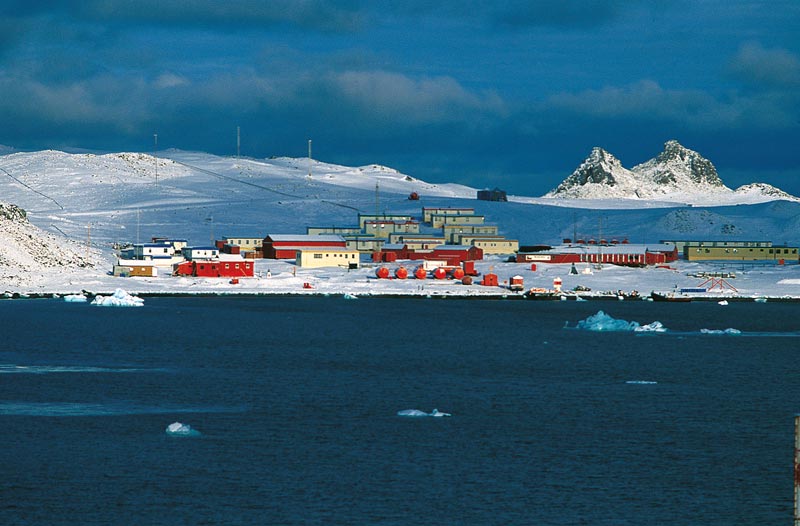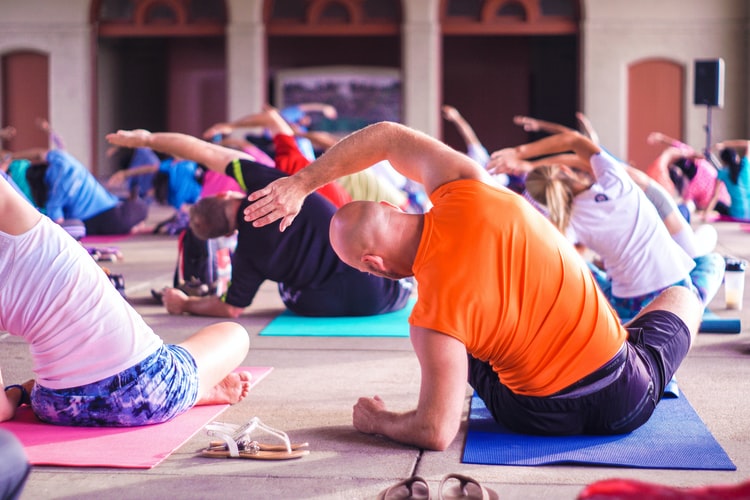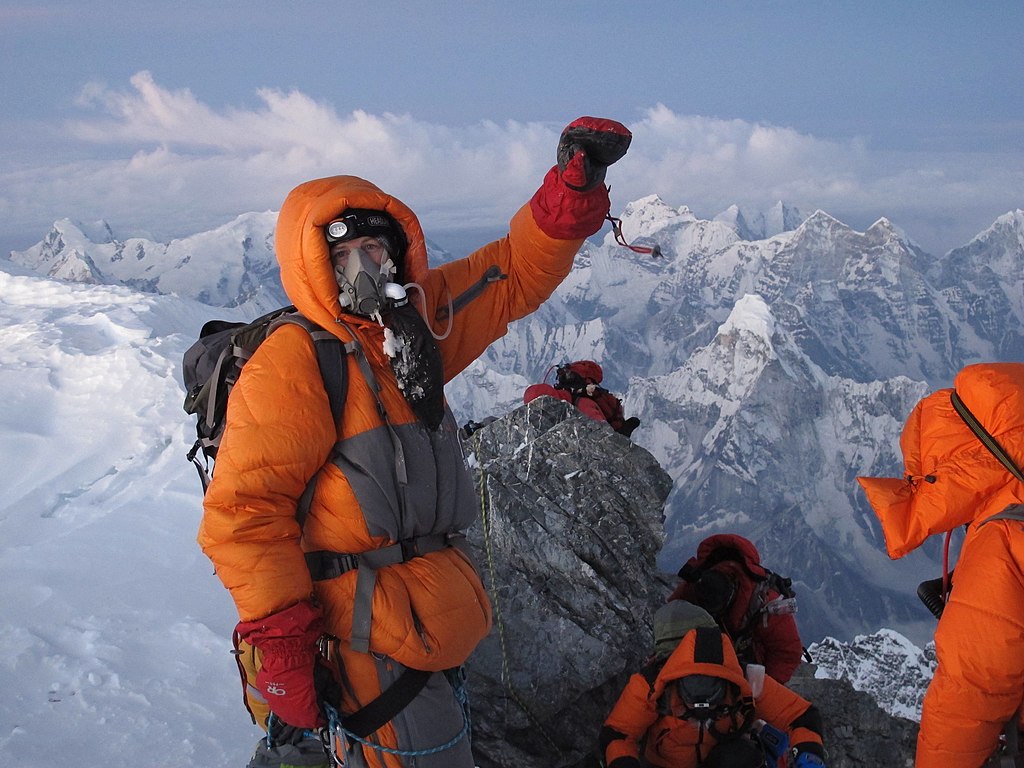
A new study demonstrated that yoga practice on a daily basis while living in Antarctica improves resilience and stress-related markers. Scientists from the Defense Institute of Physiology & Allied Sciences (DIPAS) conducted a study on winter expedition members of the Indian Scientific Antarctic Expedition in 2016 to find out the effect of yoga on stress-related markers.
Antarctica is a worldwide cooperation of peace and scientific discovery. There are military bases, permanent meteorologist and research stations scattered across the whole continent and the islands of Antarctica. All of the member countries of the Antarctic Treaty must ensure the preservation and wellbeing of the natural land, cooperate with their fellow explorers, and remain in peace for the goodwill of Antarctica. But, what is it like to be living over there?
Living in Antarctica can be distressing to the human who works and lives in this isolated and confined environment that Polar Continent gives. Living in the inhumane cold, long dark times and extreme confinement brings a lot of anguish, anxiety, suffer, and stress, and people need a way to be relief from that.
Extreme environments are inherently stressful and are characterised by a variety of physical and psychosocial stressors including but not limiting to capsule environment, isolation, social tension, boredom, monotony and danger.

The group of scientists looked for research to improve human performance in extreme and wartime environments. They did it through yoga, which is known for creating calmness, body awareness, relieves stress patterns, and relaxes the mind.
“Yoga practices have been shown to be beneficial for coping with stress and enhance quality of life, sleep and immune status.”
Participants were divided into two groups. There was a yoga group that practiced yoga from January to October daily in the morning for an hour and a non-yoga group that didn’t practice yoga at all. Blood samples were collected during the study at different intervals and a resilience test questionnaire was administrated at baseline and endpoint of the study with the objective to analyze the human adaption response.
Blood samples were collected for the estimation of 8-hydroxydeoxyguanosine (8-OHdG), brain-derived neurotrophic factor (BDNF), serotonin, and cortisol. All the named factors play an important and different role in the development of stress.
Concentrations of 8-OHdG are the most common oxidative lesion observed in the duplex DNA, product due to a lower electron in the guanine. BDNF and serotine alterations are implicated in several psychiatric disorders that stress interferes with a significant role. Finally, cortisol, which increases in response to stress and low blood-glucose concentrations.

A trend of improvement was observed in the resilience test score in the yoga group. 8-OHdG serum values in the yoga group declined by 55.9% and in the non-yoga group, the decline was 49.9%. In serotonin serum levels in the yoga group, there was a 3.1% increase while no increase was noticed in the non-yoga group. Cortisol values in the yoga group decreased by 19.9% from in the non-yoga group it increased by 2.8%.
The present study concluded that the following 10 months of yoga practice may be useful for better resilience and management of stress-related to blood markers for the polar sojourners. The study contributes to body-mind health prevention in extreme, isolated, and confinement environments.




